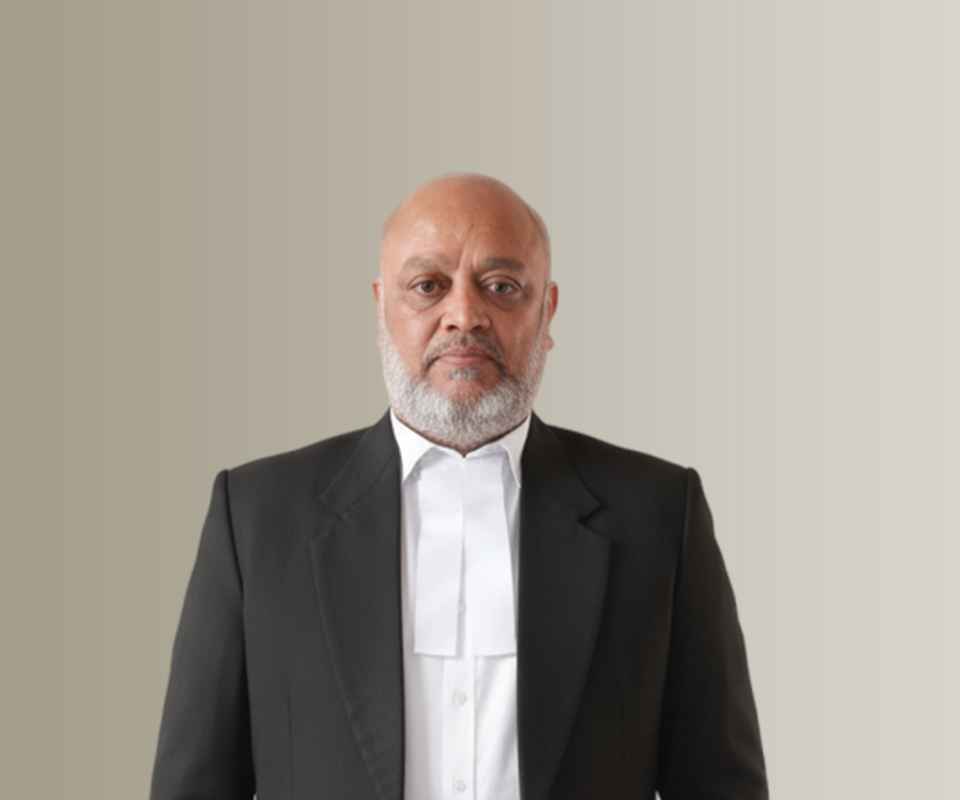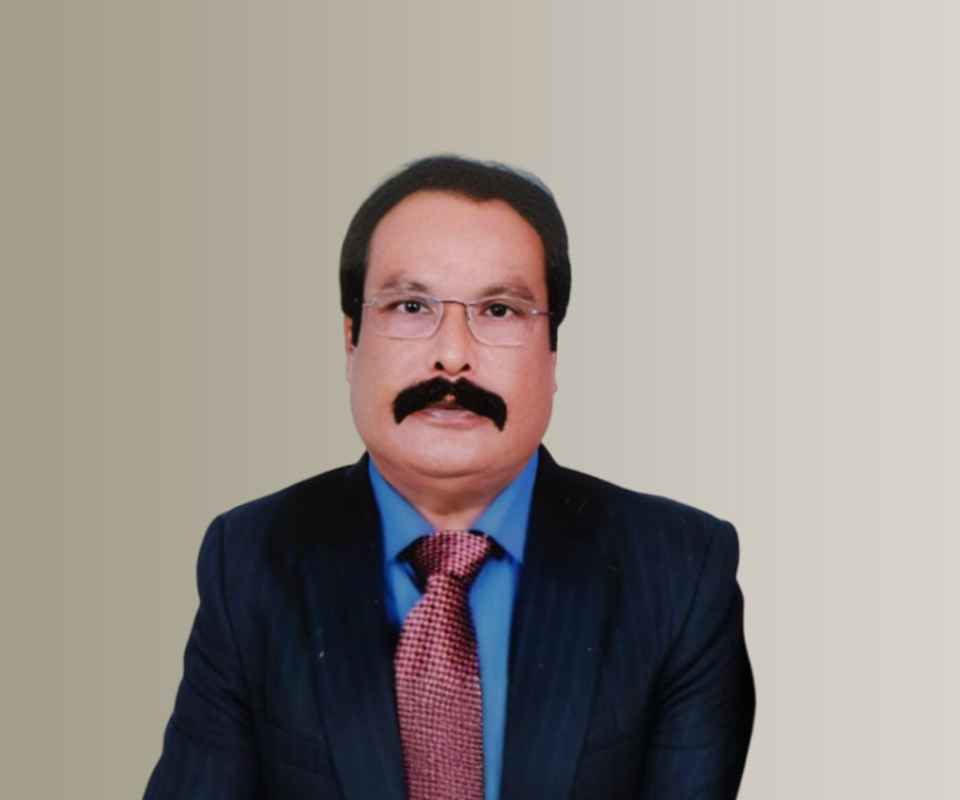Answer By law4u team
The public prosecutor plays a critical role in the criminal justice system. Acting on behalf of the state or government, the public prosecutor represents the interests of society and works to ensure that justice is served in criminal cases. Their responsibilities extend from the initiation of the case to the conclusion, and they serve as an essential part of ensuring a fair trial.
Roles and Responsibilities of a Public Prosecutor in a Criminal Case:
Initiating the Prosecution:
The public prosecutor is responsible for initiating criminal cases on behalf of the state. They begin the process by examining the available evidence, deciding whether to pursue charges, and filing the appropriate charges against the defendant.
Representing the State in Court:
The public prosecutor represents the state or government in court proceedings. Unlike the defense attorney who represents the accused, the prosecutor's role is to advocate for the public interest and seek justice rather than just a conviction.
Presenting Evidence:
The public prosecutor's primary role during a trial is to present evidence that supports the case against the defendant. They call witnesses, present documents, and provide physical evidence to establish that the defendant committed the crime. The prosecutor must prove the defendant's guilt beyond a reasonable doubt.
Examine and Cross-Examine Witnesses:
The prosecutor has the duty to examine witnesses to testify in support of the charges and cross-examine witnesses brought in by the defense to challenge their credibility. They must ensure that the evidence presented is relevant and admissible.
Discretion in Filing Charges:
The public prosecutor has the discretion to decide whether to file charges against an accused person based on the evidence available. They must make this decision impartially, keeping in mind whether the evidence is sufficient to support the allegations and ensure justice is done.
Ensuring a Fair Trial:
One of the key duties of the public prosecutor is to ensure that the trial is fair. They must adhere to ethical standards, avoid any form of bias, and ensure that the rights of the defendant are not violated during the trial. The prosecutor's role is not simply to secure a conviction but to ensure that justice is served.
Negotiating Plea Deals:
In some cases, the public prosecutor may engage in plea bargaining with the defense. This involves negotiating an agreement where the accused pleads guilty to a lesser charge in exchange for a reduced sentence. This helps to expedite the legal process and ensures that justice is delivered more efficiently.
Appeals and Post-Trial Motions:
If a defendant is acquitted or receives a sentence that the public prosecutor believes is unjust, they may file an appeal to a higher court. They can also oppose any post-trial motions filed by the defense, such as motions for a new trial or a change in sentence.
Protecting the Rights of Victims:
In addition to seeking a conviction, the public prosecutor also plays a role in protecting the rights of victims. They ensure that the victim's voice is heard in the proceedings and that the victim's interests are considered during sentencing.
Example:
In a theft case, the public prosecutor would:
- Review the evidence collected by the police, including witness statements, CCTV footage, and the stolen property.
- File charges against the defendant, ensuring that the charges are supported by the evidence.
- Represent the state in court, presenting the evidence of the defendant's guilt and examining the witnesses who can testify to the theft.
- If the defendant pleads guilty, the prosecutor may negotiate a plea deal for a lighter sentence, but only if it is in the best interest of justice.
- If the defendant is acquitted, the prosecutor may appeal the decision if they believe the trial was flawed or the verdict was unjust.
Conclusion:
The public prosecutor plays a vital role in ensuring justice in a criminal case. Their duties extend beyond simply securing a conviction; they must work impartially, present evidence in a fair manner, and protect both the public interest and the rights of the victim. The prosecutor’s contribution is crucial to the functioning of the criminal justice system and the fair adjudication of criminal cases.







